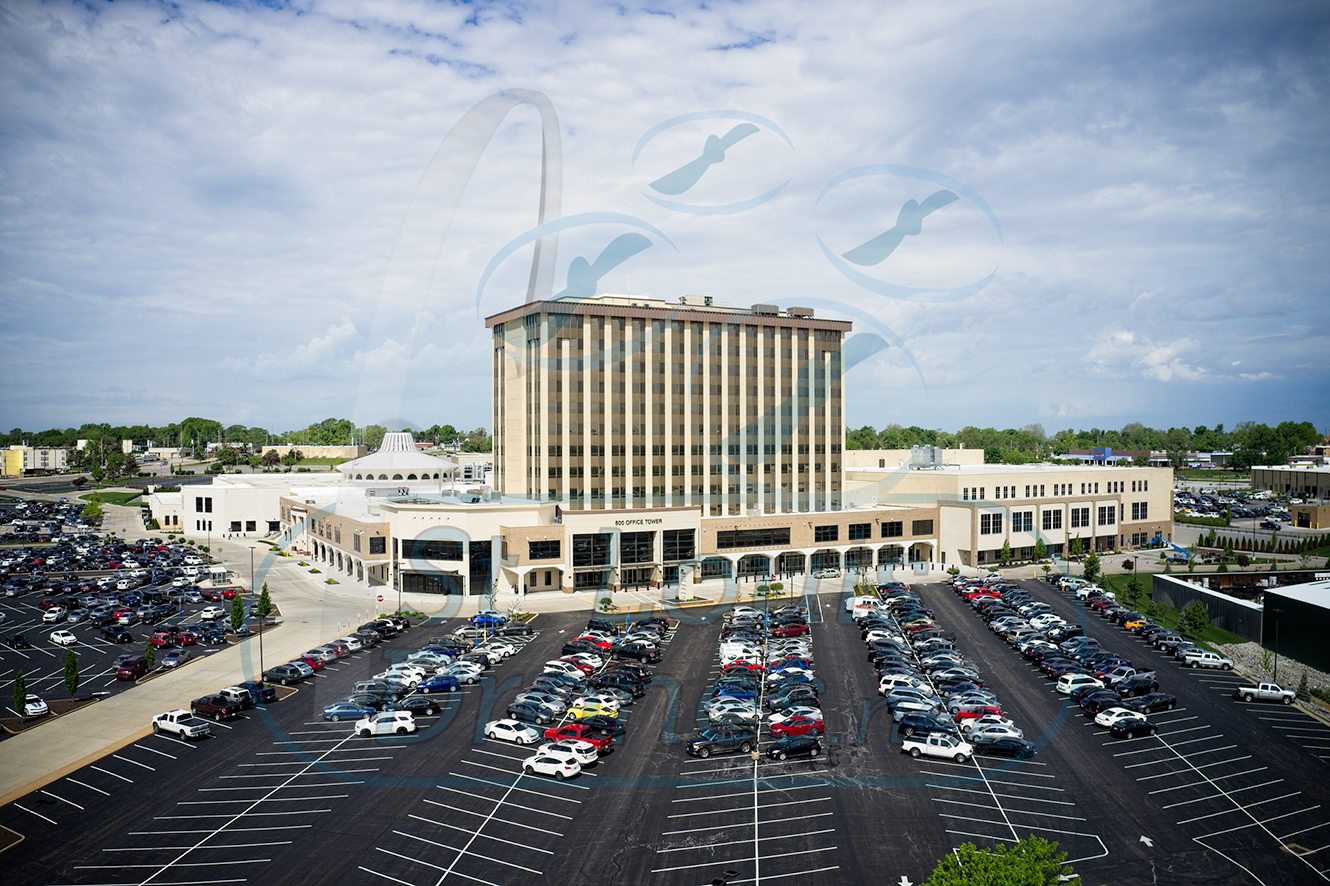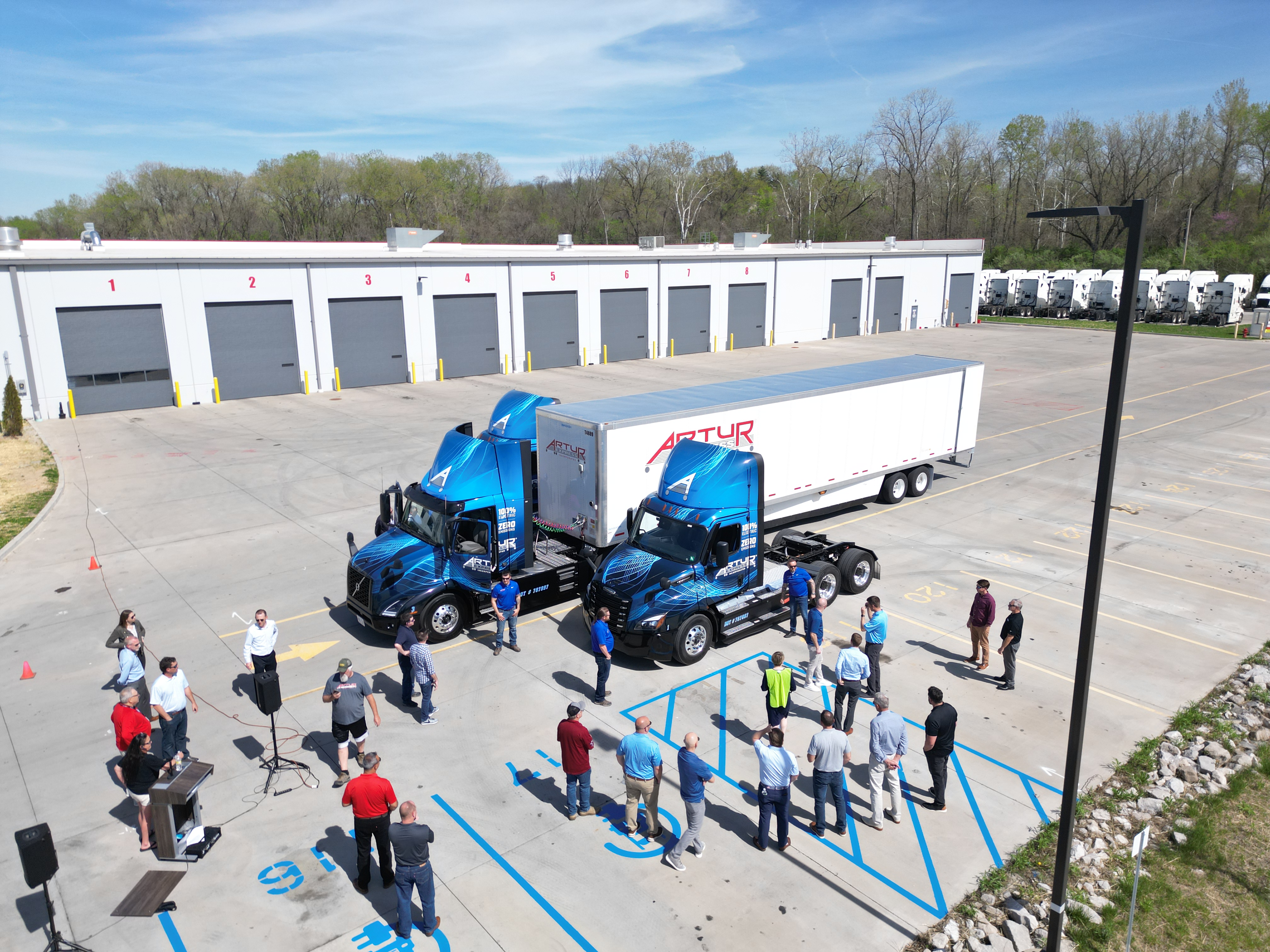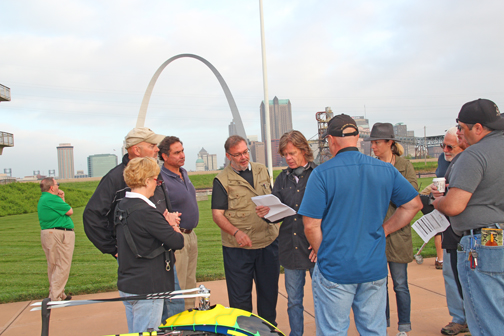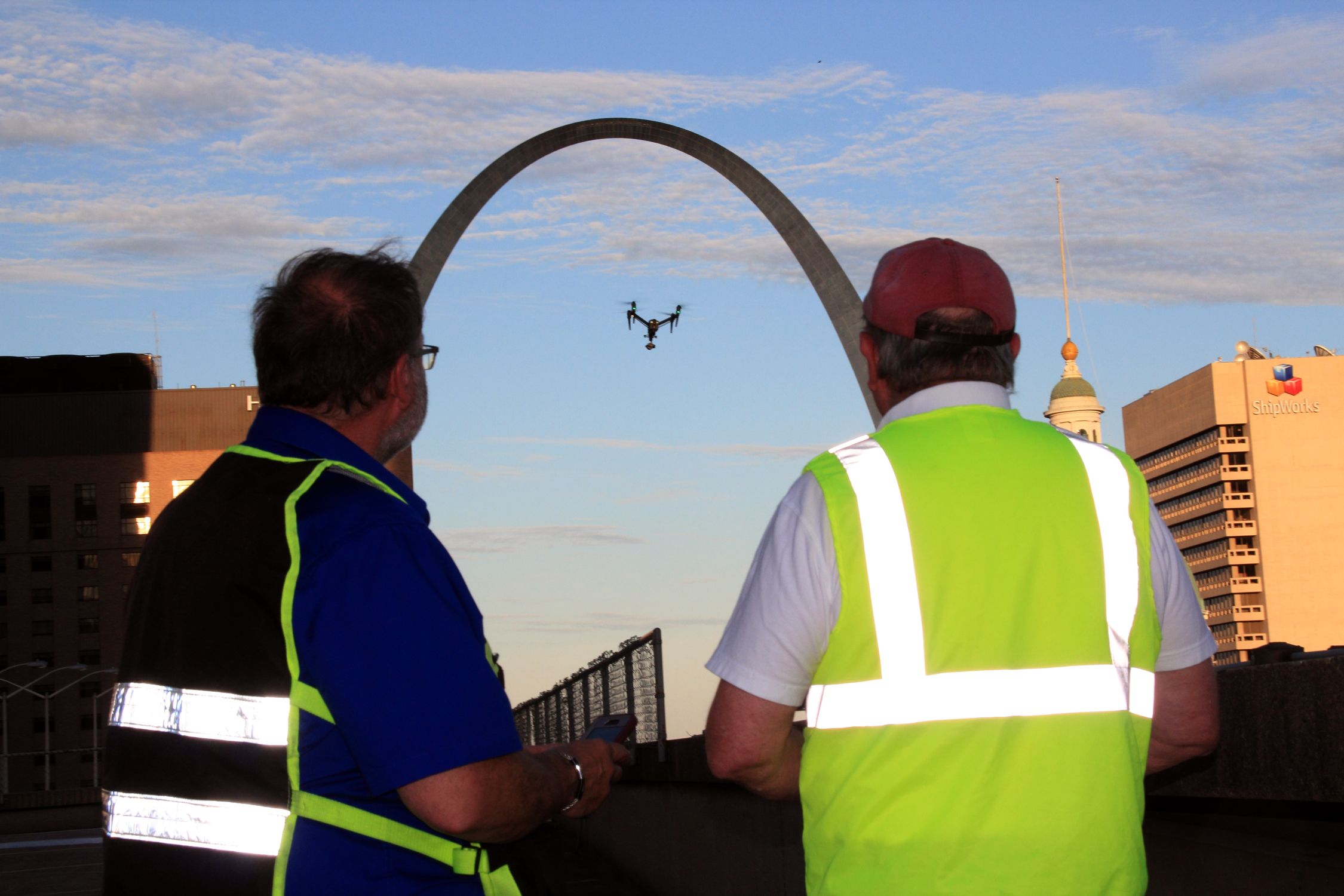In today’s dynamic business landscape, the use of drone technology has become increasingly prevalent, offering a unique perspective for photography and videography. As an experienced video producer and drone pilot at St. Louis Drones, I’m here to shed light on a crucial aspect of this exciting realm: the legal ownership of your company’s drone pictures. In this comprehensive guide, we will explore the intricacies of drone photography and videography, addressing legal considerations, copyright issues, and how to maximize the benefits of drone imagery for your business.
Table of Contents
- Introduction
- Benefits of Drone Photography and Videography
- Understanding Drone Ownership
- Legal Aspects of Drone Imagery
- 4.1. Copyright and Intellectual Property
- 4.2. Privacy Concerns
- 4.3. FAA Regulations
- Protecting Your Drone Imagery
- Licensing and Usage Rights
- Collaborating with Professionals
- How St. Louis Drones Can Help
- Conclusion
Introduction
Drone technology has revolutionized the way we capture images and videos, providing breathtaking aerial perspectives and opening up new possibilities for creative expression. However, with this exciting technology comes a set of legal and ethical considerations that every business should be aware of.
Benefits of Drone Photography and Videography
Before delving into the legal aspects, let’s first explore the numerous advantages of using drones for photography and videography:
- Aerial Perspectives: Drones allow you to capture stunning aerial shots that were once only achievable with expensive equipment like helicopters.
- Cost-Effective: Drones are a cost-effective alternative to traditional aerial photography methods, making high-quality imagery accessible to a wider range of businesses.
- Versatility: Drones can be used for various applications, including real estate photography, construction site monitoring, event coverage, and more.
- Efficiency: With drones, you can quickly survey large areas and gather data that would be time-consuming to collect manually.
Understanding Drone Ownership
To understand the legal ownership of drone pictures, it’s essential to grasp the concept of drone ownership itself. When you purchase a drone, you are essentially acquiring the physical hardware, but not necessarily the rights to the imagery it captures.
Legal Aspects of Drone Imagery
4.1. Copyright and Intellectual Property
The first and most critical aspect of drone imagery legality revolves around copyright and intellectual property rights. In most cases, the person who operates the drone and takes the photographs or videos owns the copyright to that content. However, there are exceptions:
- Employee Work: If your company hires a drone operator as an employee, the copyright usually belongs to the employer. It’s essential to establish clear terms regarding ownership in employment contracts.
- Contracted Services: When hiring a third-party drone operator, the copyright typically belongs to the operator unless stated otherwise in a contract. Businesses should negotiate licensing agreements and usage rights upfront.
4.2. Privacy Concerns
Privacy is another critical consideration when using drones for photography and videography. It’s important to respect individuals’ privacy rights when capturing footage. Avoid filming in areas where people have a reasonable expectation of privacy, such as inside their homes.
4.3. FAA Regulations
The Federal Aviation Administration (FAA) in the United States has established regulations for drone operation, which include rules for commercial drone use. Businesses must comply with these regulations, which include restrictions on altitude, proximity to airports, and obtaining the appropriate licenses.










Protecting Your Drone Imagery
To protect your drone imagery and ensure you are within legal boundaries, consider the following steps:
- Clearly define ownership and copyright in contracts with drone operators or employees.
- Obtain necessary permissions and licenses for drone operation from relevant authorities, such as the FAA.
- Respect individuals’ privacy and obtain consent when necessary.
- Safeguard your drone imagery by storing it securely and implementing data protection measures.
Licensing and Usage Rights
To maximize the value of your drone imagery, it’s essential to understand licensing and usage rights. When working with drone operators or purchasing drone footage, negotiate licenses that align with your intended use. Licensing options may include:
- Exclusive License: Grants exclusive rights to use the content for a specified period and purpose.
- Non-Exclusive License: Allows multiple parties to use the content for different purposes simultaneously.
- One-Time Use License: Permits a single use of the content for a specific project.
- Royalty-Free License: Provides unlimited use of the content for a one-time fee, with some restrictions.
Understanding these licensing options will help you make informed decisions when acquiring or sharing drone imagery.
Collaborating with Professionals
Navigating the legal landscape of drone imagery can be complex. That’s where professionals like St. Louis Drones come into play. With extensive experience in both video production and drone operation, we can guide you through the legal aspects, ensuring your business operates within the boundaries of the law while harnessing the power of drone imagery.
How St. Louis Drones Can Help
St. Louis Drones is a full-service video production company based in St. Louis, Missouri, with a wealth of experience in both ground and aerial imagery. Here’s how our expertise can benefit your business:
- Extensive Equipment Options: We offer a wide range of high-quality drones and camera equipment to meet your specific project needs, ensuring you get the best possible results.
- Legal Guidance: We are well-versed in all aspects of location and studio video recording and photography. We can provide expert advice on copyright, licensing, and FAA regulations to help you avoid legal pitfalls.
- Professional Team: Our team consists of experienced drone pilots, videographers, and photographers who are dedicated to delivering exceptional results for your projects.
- Versatility: Whether you need aerial shots of your real estate listings, event coverage, or cinematic videography, we have the skills and equipment to get the job done.
As a full-service video studio, St. Louis Drones has worked with businesses of all sizes in the St. Louis area. We are experts at simultaneously shooting video and photography for your next project.
Contact us today to discuss how St. Louis Drones can elevate your photography and video projects while ensuring legal compliance. Our team is ready to turn your creative vision into stunning visual content.
Conclusion
Understanding the legal ownership of your company’s drone pictures is vital for protecting your rights and avoiding legal disputes. By considering copyright, privacy, and FAA regulations, you can harness the power of drone imagery while staying within the boundaries of the law. Collaborating with experienced professionals like St. Louis Drones ensures that your business maximizes the benefits of drone technology while navigating the legal complexities seamlessly. Don’t miss out on the incredible opportunities that drone photography and videography can offer your business—contact us today to get started on your next aerial or ground imagery project.
Rob Haller 314-604-6544 stlouisdrones@gmail.com
